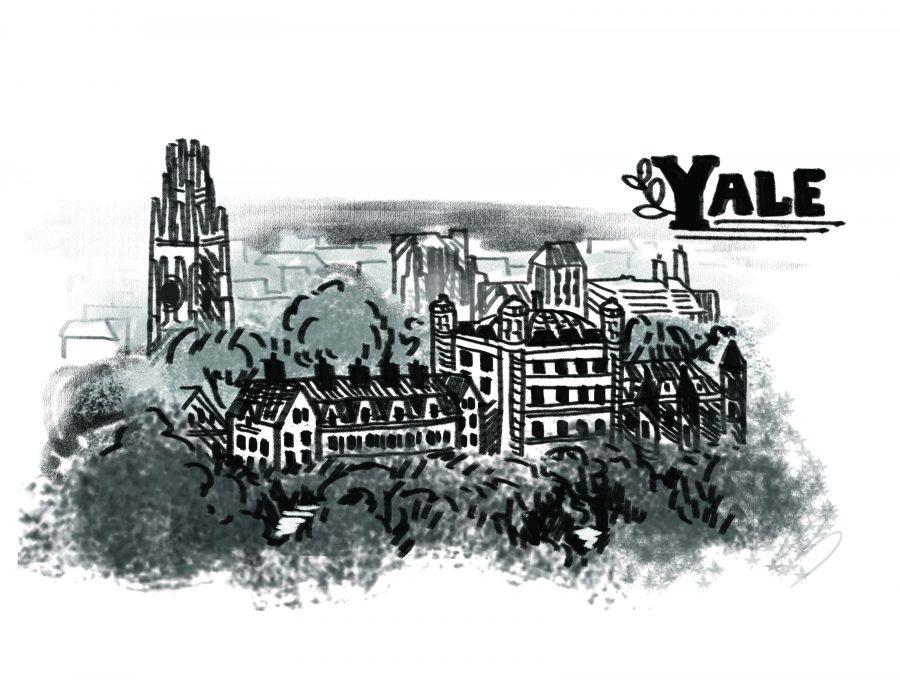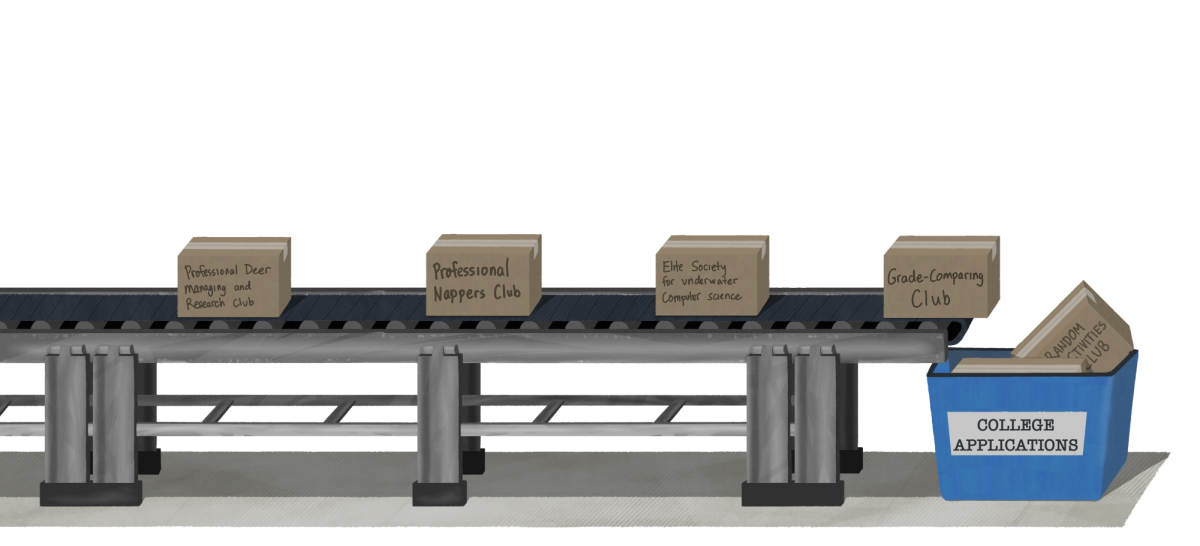It’s always hard to face the truth, but in the case of college, it’s even harder. It takes a while to come to terms with this but unfortunately, it’s the reality whether students like it or not: prestigious universities are worth the hype. Students often say that Ivy League universities aren’t a good fit for them, which can be right in some cases, but the majority of the time it is because they are hedging their bets due to the selectivity of these schools. To say that an Ivy League education doesn’t fit a student is saying that having a wealth of resources and top-ranked professors isn’t a matter of interest. Now, let’s set aside the fact that just getting into a prestigious college will earn the student a strong academic reputation for life and look at the other benefits of these universities. After all, there’s a reason they’re at the top.
Firstly, there is never a black and white situation when it comes to college. There may have been people who have had tremendous success by going to “regular” schools, but they are outliers. In an article published in 2013 on CNN.com, eight out of ten universities on the list of the “highest paid grads” are all top-ranked. These were schools such as Harvey Mudd, Caltech, Princeton, Stanford, Harvard, Brown and more. This doesn’t mean that one cannot become successful by going to an alternative but, let’s face it, a career and paycheck will grow much faster with a top-ranking school on the resume. Most employers look at people who have gone to better schools first because they think that they are getting a little extra. They know how much work goes into getting into and graduating from an elite university, so they assume that the candidate will put just as much effort into their workplace. Another big advantage to graduating from a top-ranked university is that the student is now part of the alumni association of that school. Many employers and future business partners tend to favor those who have that special bond of sharing the same alma mater.
Looking at Ivy League schools from a financial point of view could seem a little scary at first but when one analyzes the numbers he or she will be able to see why they cost the small fortune. Firstly, it’s important to remember that education in college, whether it’s in or out of a classroom, is an investment. Professor Eric Eide, chairman of the economics department at Brigham Young University told the New York Times that “the costs of colleges are [not] going up faster than the returns on graduating from an elite private college. This means that students are getting more from graduating from a top-notch school than what they pay initially. “It may be more painful to finance right now, but in my opinion, they should be looking over the long run of their child’s life” Eide said. Secondly, the prices of good public schools and prestigious private schools are almost the same. UC Davis’s total average cost is about $44,511 a year while Harvard’s tuition, room, board and fees combined average to about $59,950. The difference is about $15,000 but the opportunities available at Harvard are priceless.
School administrators and college counselors will often tell a student that whatever school makes him happy is the right school for him but the truth is that he will probably get more from his time at college by attending a better-ranked school. He will be exposed to better educators, more connections and endless job opportunities.
—Livneh, a senior, is a Lifestyle Editor.












